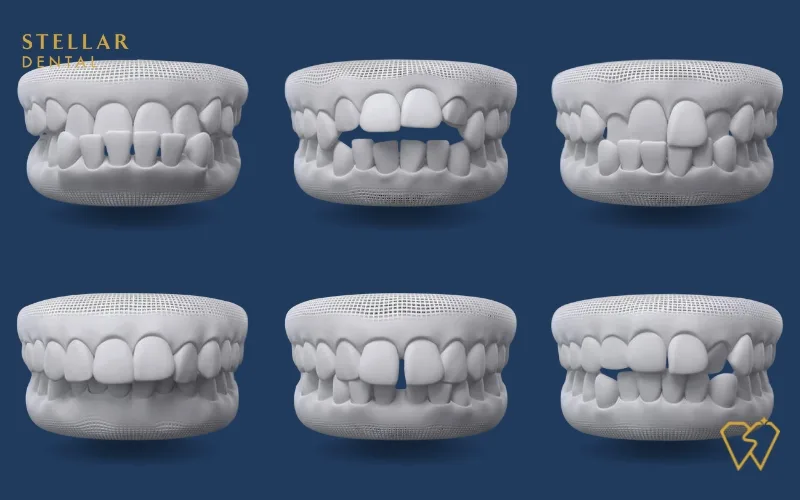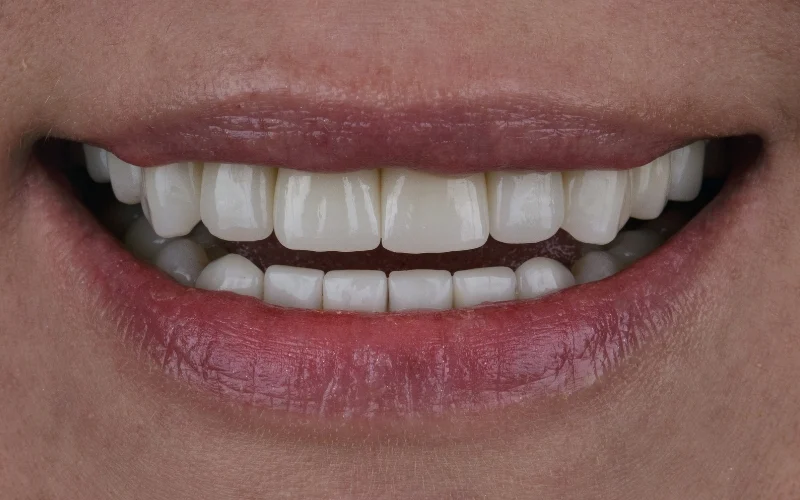Toothaches can be a significant source of discomfort and can interfere with daily activities. While the best action is to see a dentist for proper treatment, there are certain medicines for toothache which you can get from pharmacies to help relieve you temporarily. These drugs are specifically intended to target the causes of tooth pain and provide immediate relief.
These medicines are widely available, inexpensive, and easy to use, making them a convenient and accessible alternative for anyone suffering from a toothache. So, the next time you have tooth pain, don’t be afraid to use over-the-counter drugs for quick and efficient treatment.
This article will discuss some of the best toothache medicines available for brief pain relief and how they work. You must use these medications temporarily and reach out to a dentist for proper treatment.
If you want to see a dentist, click this link:

Types of toothache medicine
There are several types of over-the-counter toothache medicines that can be used for toothache relief. Non-steroidal anti-inflammatory drugs (NSAIDs), such as ibuprofen and naproxen, are commonly used for toothache relief due to their pain-relieving and anti-inflammatory effects. Analgesics, such as acetaminophen, can also reduce toothache pain. Topical numbing agents, such as benzocaine, can be applied directly to the affected area to temporarily numb and relieve toothache pain.
How these medications work depends on their specific mechanism of action. NSAIDs inhibit the production of prostaglandins, which are chemicals involved in the inflammation and pain process. Analgesics, on the other hand, work by inhibiting the production of pain signals in the brain. Topical numbing agents temporarily block pain signals’ transmission to the brain.
Some commonly used medicines for toothache are lined up below according to their strength.
Paracetamol
Paracetamol is a typical over-the-counter pain reliever frequently used to treat toothache discomfort. It is advisable to have some at home as an emergency toothache relief.
It is a non-steroidal anti-inflammatory medicine (NSAID) that prevents the formation of specific molecules in the body that contribute to pain and inflammation. While paracetamol helps relieve toothache pain, it does not treat the underlying reason.
The recommended dosage for toothache is 500 to 1000 mg of paracetamol every 4-6 hours. It’s crucial to adhere to the dosage recommendations on the container and not go over them. One of the worst side effects of taking too much paracetamol is damage to the liver.
Diclofenac Sodium
Diclofenac sodium is also a non-steroidal anti-inflammatory medicine (NSAID). It is available in tablet, pill, and topical gel forms.
It decreases the formation of prostaglandins and lowers inflammation. Diclofenac can be beneficial for toothache treatment but may induce adverse effects such as stomach pain, vomiting, and diarrhea.
Diclofenac is prescribed in doses of 50–100 mg every 6–8 hours as needed for dental pain.
Mefenamic Acid
Mefenamic acid is another NSAID used to treat pain and inflammation. It comes in various forms, including pills, capsules, and suppositories. Mefenamic acid can be beneficial for toothache relief but can cause diarrhea, constipation, and dizziness.
Take 500mg of mefenamic acid at first and 250mg every 6 hours for 2 to 3 days. Do not overdose, as long-term use of NSAIDs can lead to ulcers.
Ibuprofen
Ibuprofen is a typical NSAID that is accessible in pharmacies over the counter. In addition to its pain-relieving benefits, ibuprofen can help lower temperature. Follow the ibuprofen dosage guidelines and do not exceed the maximum daily dose.
To get rid of toothache, use 200-400mg of ibuprofen every 4-6 hours. It should treat the pain. If the pain doesn’t go away, it may be due to some underlying issue that needs immediate dental attention.
Arcoxia
Arcoxia is a prescription-only NSAID as it is one of the strongest toothache medicine that is used to treat pain and inflammation. It is available in tablet form and acts by suppressing prostaglandin production. Arcoxia can be beneficial for toothache treatment but also have adverse side effects.
Orajel
Orajel is a topical analgesic used to treat mouth sores and toothaches. It is intended to relieve pain and suffering temporarily and is applied directly to the affected area.
Benzocaine, a local anesthetic in Orajel, blocks pain receptors in the mouth and gums.
It can be applied with a cotton swab or your finger and is available in many forms, including gels, liquids, and creams. It’s crucial to remember that Orajel also only treats the symptoms of toothaches and mouth sores; it does not address the underlying causes of the pain.
Schedule an appointment with a dentist to identify the source of your toothache and receive the proper care. Do not use Orajel in place of expert dental care; it is only intended to offer transient relief.
Things to consider before using medicines for toothache
While these over-the-counter medications can temporarily relieve toothaches, it is vital to consider certain factors before using them. Some possible side effects of these medications include stomach upset, dizziness, and drowsiness. They may also interact with other medications, so you must consult a healthcare provider or pharmacist before using them. In addition, it is critical to note that these medications should not be used as a substitute for proper dental treatment and should only be used for brief periods.
Also read: 8 Home Remedies for Toothache Relief
What if painkillers are not working for your toothache?
See a dentist as soon as possible if medications and at-home remedies are not relieving your toothache. The toothache can indicate a more serious dental issue. The following are some possible toothache causes that may need to be treated.
- Decaying teeth or cavities
- Infections of the gums or teeth
- Abscesses in the tooth or gums (pockets filled with pus)
- Fractures or damage to the tooth
- Gum disease
A dentist can determine your toothache’s underlying cause by suggesting the best course of action, which may involve teeth scaling, filling a cavity, giving antibiotics, or conducting a root canal treatment.
Dental disorders should be treated as soon as possible. If left uncontrolled, they can develop into more severe problems.
Conclusion
Medicines for toothache from pharmacies, such as NSAIDs, analgesics, and topical numbing agents, can temporarily relieve toothaches. However, it is vital to seek proper dental treatment and to use these medications with caution due to their potential side effects and interactions with other medicines. If you are experiencing a toothache, contact a dentist as soon as possible to address the underlying issue and prevent further complications.
At Stellar Dental, we have a team of highly trained dentists and specialists who are dedicated to providing the best possible care for our patients. We use the latest techniques to diagnose and treat toothaches, ensuring you receive the most effective and efficient care possible.
Don’t let a toothache disrupt your daily life. Visit Stellar Dental for the reliable and compassionate dental care you deserve.








